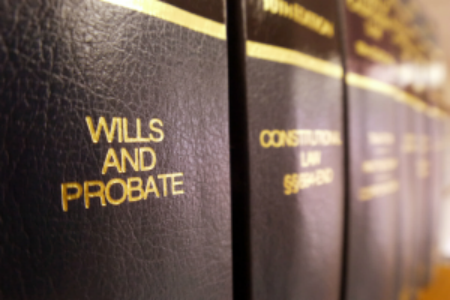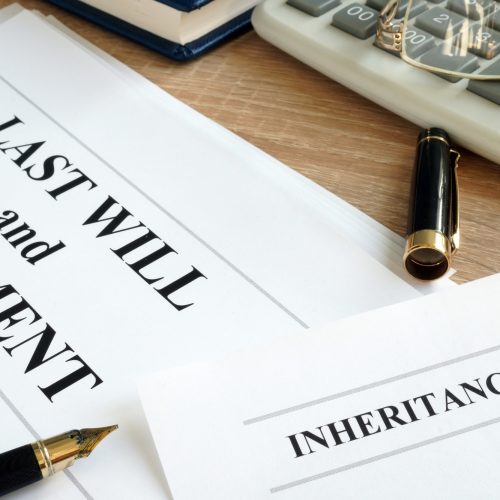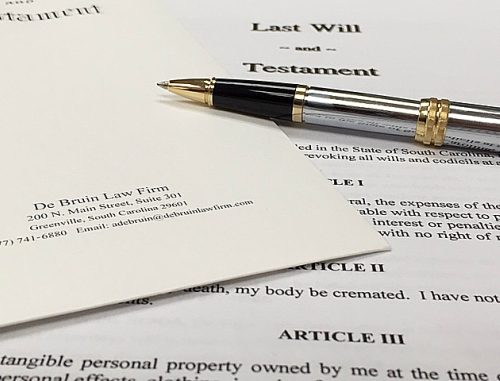Living Trusts
An increasingly popular way of handling probate issues is to create a living trust. A living trust helps bypass probate proceedings in court and can also help mitigate tax liability. There are two types of living trusts: revocable and irrevocable. A revocable trust can be changed whenever you wish. The irrevocable trust can be beneficial for tax reasons in some instances where the decedent has a lot of assets, but cannot be changed.
Essentially, a living trust places your property in a trust of which you are the trustee. Because you are the trustee, you can still manage the property as you would as the owner. You can also name an alternative or successor trustee to take over the trust once you are deceased, so after you pass away probate is unnecessary because the successor trustee already owns the property. It is different from a will which names an executor who oversees the distribution of your assets after death.
Cons Of A Living Trust
There are two major downsides to a living trust, which may make it a less desirable option for those with less assets. A living trust is more expensive to create and manage than a will. It is more complex and will require more time and effort to build. In addition, a trust must be funded. That means all assets that you want distributed through the trust you must add to the trust. This often involves significant extra paperwork as you must show you own property as the trustee of your trust rather than just as an individual. Sometimes it can be difficult getting insurance on items in the trust because they are owned by a trust rather than an individual. Trusts are sometimes taxed differently than estates; for example, an individual can use a year other than a calendar year for tax deadlines, while trusts cannot. Conflicts in trust situations can also be more complicated and expensive to handle than similar disputes in an estate. Also, wills are generally automatically amended on divorce while trusts are not.
Benefits To A Living Trust
On the other side, there are many benefits to setting up a trust as well. The biggest advantage is avoiding lengthy probate proceedings. If you become disabled, a trust is a good way around guardianship as well. Your appointed trustee can immediately take over any duties you assign them. One of the greatest advantages to a trust is protection of privacy. A will can become a matter of public record and you may not want heirs seeing what was left to other heirs. Trusts are also easier to amend than wills. Trusts allow greater control of assets, particularly assets out of state where beneficiaries may be subject to length probate proceedings.
We Can Help You Set Up A Trust
There are some advantages of choosing to manage your assets through a living trust rather than a will. However, a living trust does not eliminate the need for a will as not all assets will be included in the trust. If you would like assistance with setting up a living trust or a drafting a will in South Carolina, contact our legal team at De Bruin Law Firm and we will be happy to help.













